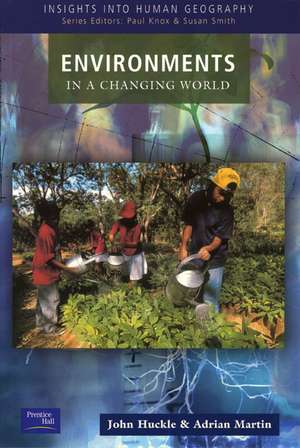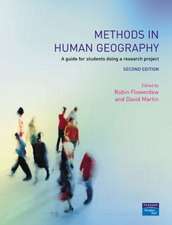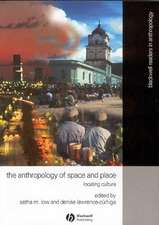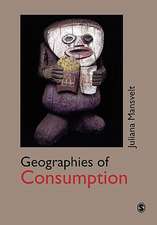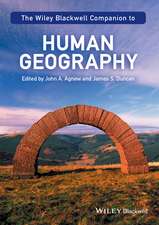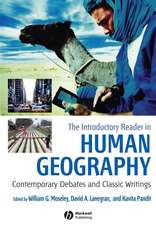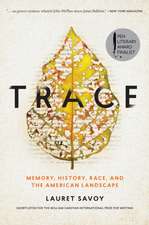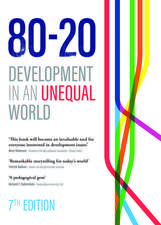Environments in a Changing World: Insights Into Human Geography
Autor John Huckle, Adrian Martinen Limba Engleză Paperback – 27 iun 2001
Preț: 304.35 lei
Nou
Puncte Express: 457
Preț estimativ în valută:
58.24€ • 62.28$ • 48.56£
58.24€ • 62.28$ • 48.56£
Carte tipărită la comandă
Livrare economică 18 aprilie-02 mai
Preluare comenzi: 021 569.72.76
Specificații
ISBN-13: 9780582327726
ISBN-10: 0582327725
Pagini: 290
Dimensiuni: 156 x 234 x 18 mm
Greutate: 0.5 kg
Ediția:1
Editura: Taylor & Francis
Colecția Routledge
Seria Insights Into Human Geography
Locul publicării:Oxford, United Kingdom
ISBN-10: 0582327725
Pagini: 290
Dimensiuni: 156 x 234 x 18 mm
Greutate: 0.5 kg
Ediția:1
Editura: Taylor & Francis
Colecția Routledge
Seria Insights Into Human Geography
Locul publicării:Oxford, United Kingdom
Cuprins
1. Ecology, Society, and Environment2. Philosophy, Geography and Environmental Knowledge3. Pre-modern Environments4. Pre-modern State Societies5. Early Modern Environments6. Ecological Imperialism and the Rise of Geography7. Late Modernity: Cold War, White Heat, Green Peace8. Late Modern Society and Global Warming9. Postmodern Environments10. Postmodern Forest Environments11. The Postmodern Urban Environment12. Environmental Knowledge and the Politics of Genetically Modified Food13. Towards Sustainable Development14. Envisioning an Ecological Socialist Future
Descriere
While there is no shortage of of books on the environment there are few introductory texts that outline the social theory that informs human geographical approaches to the interactions between ecology and society. Students arriving at university often lack the understanding of history, economics, politics, sociology and philosophy that contemporary human geography requires. Environments in a Changing World addresses this deficit, providing foundation knowledge in a form that is accessible to first year students and applied to the understanding of both contemporary environmental issues and the challenge of sustainability. Students are challenged to develop and defend their own ethical and political positions on sustainability and respond to the need for new forms of ecological citizenship.
